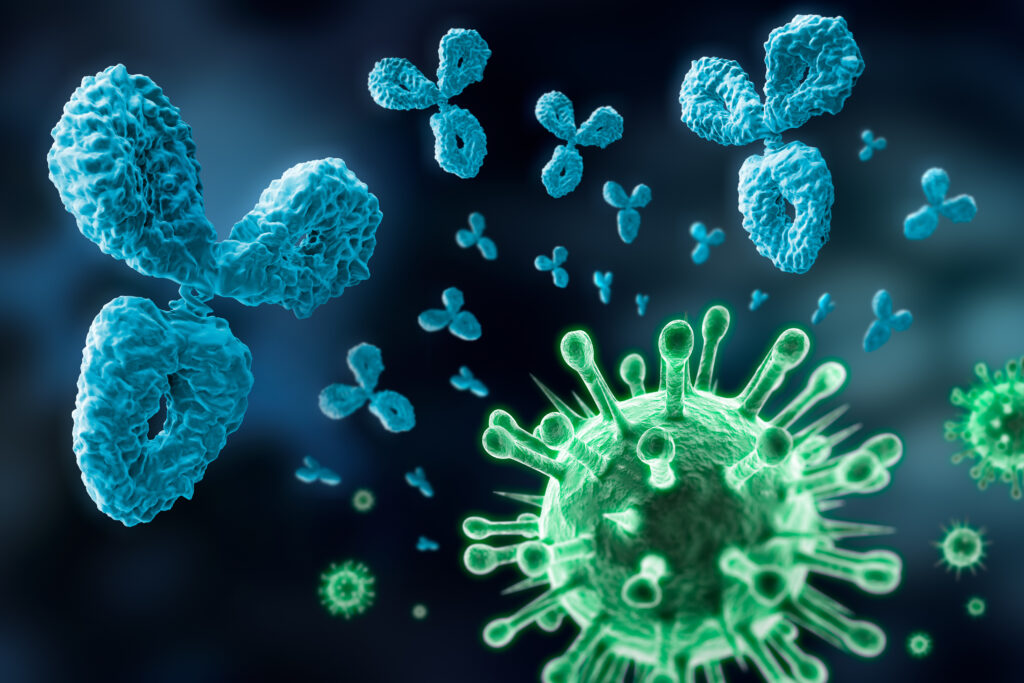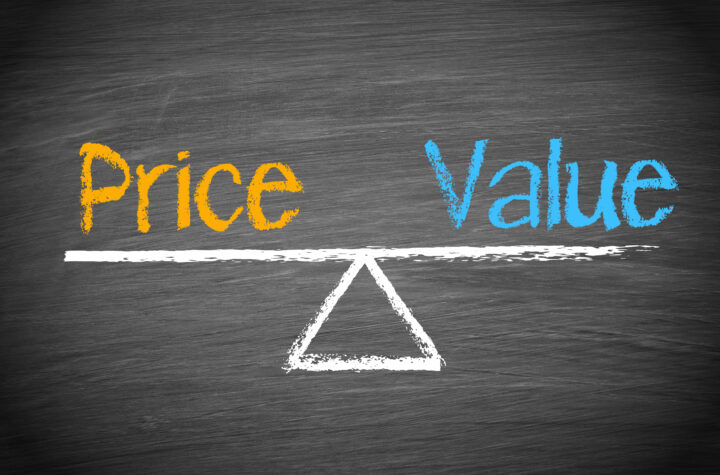In a world struggling to fight off a pandemic, the race to treat and find a vaccination for Covid-19 is top on the list for laboratory agendas. With many companies in the race for finding a vaccine, the timeline is shrinking for a potential vaccine’s production and distribution process to fight Covid-19. Among these efforts stands the monoclonal antibody, which shows high potential in fighting Covid-19; the technology has not received the Media attention it deserves.
By John Coughlin, Biotech Analyst
What is a monoclonal antibody?
The scientifically correct definition of a monoclonal antibody is a laboratory-produced molecule engineered to serve as substitute antibodies that can restore, enhance, or mimic the immune system’s attack on cancer cells, and now Covid-19. Monoclonal antibodies have gained popularity in recent years, especially for their experimental use in treatments for Ebola. The drugs that used these monoclonal antibodies, Mab114 and REGN-EB3, had reduced the mortality rate of Ebola from 50% to 35% within selected trials. These promising results have shown the effectiveness of monoclonal antibodies and their possible use in fighting Covid-19, which has a much lower mortality rate.
Monoclonal antibodies vs. cancer
Along with their use in Ebola, monoclonal antibodies are widely used to treat and prevent the spread of cancer by “eliminating damaged or abnormal cells, such as cancer cells.” Along with eliminating cancer cells, monoclonal antibodies also stop blood vessel growth in tumors and block cancer cell growth. These efforts provide significant help for the immune system by carrying out specific actions in fighting bacteria or a particular virus. Along with their common uses, monoclonal antibodies can be manipulated to receive the best results in treatment. During radiation treatment, “the antibody can be engineered as a delivery vehicle for other treatments.” This versatility of monoclonal antibodies shows the potential for how they can be applied in treating Covid-19.
Monoclonal antibodies vs. Covid-19
Commonly used in treating cancer, monoclonal antibodies can find a similar purpose in stopping the internal spread of Covid-19. When someone contracts Covid-19, the human body will release antibodies to attack the foreign virus. In recent months, taking blood from past Covid-19 positive patients or a-symptomatic people has become a widely accepted process in getting antibodies.
Although successful, this process takes time and is not scalable to treat large populations of Covid-19 patients. With monoclonal antibodies, which are “laboratory-produced molecules,” the “fake” antibodies serve the same function as “natural” antibodies and can be used to treat severe cases of Covid-19.
In a recent article published by Yahoo News, experts have called the monoclonal antibody a ‘bridge to a vaccine.’ Within the article, a link between the saying “Give a man a fish and you feed him for a day; teach a man to fish, and you feed him for a lifetime,” and these antibodies were related to treating Covid-19. Yahoo News suggested, “Monoclonal antibodies are like giving the man a fish; the vaccine teaches him to fish.” This connection shows how vital the monoclonal antibody is to finding a vaccine and the further, the investment opportunity it provides.
The Growing Market for monoclonal antibodies
According to Fortune Business Insights, “the global monoclonal antibodies therapy market size is projected to reach USD 350.10 billion by the end of 2027.” This projection, according to Business Insights, represents a 14% YOY increase from 2020-2027. From an investor standpoint, this increase rate provides a 6% advantage over the average growth of the stock market. Along with projection, Covid-19 will only accelerate the growth of monoclonal antibody use, which could provide a safe-haven for investors wary of the future outlook of global markets.
According to Fortune Business Insights, the lead companies using monoclonal antibodies are AbbVie Inc., Merck & Co., Inc., Johnson & Johnson Services, Inc., and many others. By investing in these individual companies, biotech investors expose themselves to great companies and the potential success of monoclonal antibody therapies.
Individual Company Success with the Monoclonal Antibody
Johnson & Johnson) On November 16, 2015, Johnson & Johnson published an article titled “DARZALEX® (daratumumab) Approved by U.S. FDA: First Human Anti-CD38 Monoclonal Antibody Available for the Treatment of Multiple Myeloma.” Within the article, the company announced that “DARZALEX is the first human anti-CD38 monoclonal antibody (mAb) approved anywhere in the world.” This early success of monoclonal antibodies, especially in well-known companies like Johnson & Johnson, shows the potential for wide uses in treating and preventing the spread of bacteria or viruses within the human body.
Merck & Co. ) Published on October 21, 2016, Merck & Co. posted an article titled “FDA Approves Merck’s ZINPLAVA™ (bezlotoxumab) to Reduce Recurrence of Clostridium difficile Infection (CDI) in Adult Patients.” Later in the article, Dr. Nicholas Kartsonis, vice president of clinical development, explained that “ZINPLAVA is a human monoclonal antibody that binds to C. difficile toxin B and neutralizes its effects.” This effectiveness of monoclonal antibodies shows the potential use in future treatments. Along with their potential, the FDA approval shows the success of monoclonal antibodies within the approval process, vital for biotech companies.
Eli Lilly) In my most recent article, I wrote about Regeneron and Eli Lilly’s race to find a vaccine for Covid-19. In Eli Lilly’s article titled “Lilly Begins World’s First Study of a Potential COVID-19 Antibody Treatment in Humans,” the company stated their potential treatment, LY-CoV555, “is a potent, neutralizing IgG1 monoclonal antibody (mAb) directed against the spike protein of SARS-CoV-2.” If LY-CoV555 shows success, monoclonal antibodies can potentially offer better treatment for Covid-19 and will gain further recognition within the field of biotechnology.
Concluding Remarks about the Monoclonal Antibody
Before writing this article, I did not know the efficacy of the monoclonal antibody. The headlines that many biotech writers publish fail to recognize the importance of these laboratory antibodies and their use to treat Covid-19. Without monoclonal antibodies, finding a vaccine for or even treating Covid-19 would be out of reach.
Along with their significance within the biotechnology industry, monoclonal antibodies provide a value investor with serious gains. With many companies, such as Eli Lilly and Merck & Co., using these antibodies, the potential for more FDA approvals rise, which are vital for company success.
In conclusion, the biotech industry is filled with unrecognized potential, whether in the company itself or their treatments. The job of a biotech investor is to find this evolving technology and use it to their advantage. In this case, monoclonal antibodies are no exception and have the potential to change the world and your portfolio balance.
To follow Analyst John Coughlin, go to:
TikTok: Street Signs
Instagram: Stockmarketsigns








1 thought on “WHAT ARE MONOCLONAL ANTIBODIES, AND WHY DO THEY MATTER TO A BIOTECH INVESTOR?”
Comments are closed.